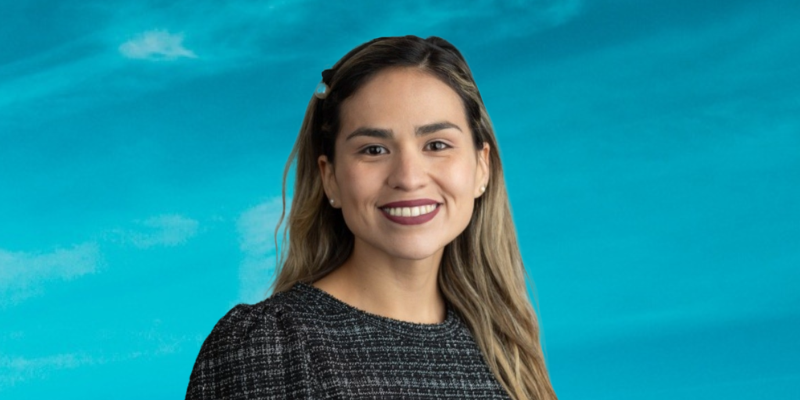Senior Scientist, Drug Product Development for Large Molecules at J&J IM
May 20, 2025
Yoliem Miranda Alarcón, PhD, is a Senior Scientist in Drug Product Development for Large Molecules at Johnson & Johnson Innovative Medicine. Her role focuses on developing antibody therapies for oncology and immunology applications.
What is the highest degree you have earned and what can you tell us about your academic path?
I hold a Ph.D. in Biomedical Engineering from Rutgers University, completed in May 2022, and a B.S. in Chemistry from Fordham University. Currently, I am pursuing an M.B.A. in Business Analytics at Villanova University.
Where do you work now and what is your company about?
I work at Johnson & Johnson Innovative Medicine in Malvern, PA, where the company specializes in creating cutting-edge medicines and therapies for oncology, immunology, and neuroscience within the pharmaceutical and biotechnology industries.
How did you first learn about the company?
I learned about Johnson & Johnson during a study abroad course titled Doing Business in South Africa as part of my graduate studies. During this program, I visited J&J offices and gained insights into the various sectors the company focuses on. Additionally, as an SMDP scholar, I was paired with a mentor who provided me with a broader understanding of how the organization operates.
What do you like most about the company?
With its vast size and diverse business sectors, J&J offers exceptional opportunities for professional growth, cross-functional collaboration, and participation in innovative research areas such as CAR-T cell therapy.
What skills make you successful in your role and why did you choose this role?
My key skills include expertise in protein synthesis, purification, and characterization, along with experience in drug product development and cell cultures. I chose this role to leverage my technical skills while growing as a biotech leader who bridges scientific knowledge with business insight.
How do you define success?
My definition of success is rooted in professional growth while fostering the growth of your team. Success is not an individual achievement; it encompasses scientific innovation, strong leadership, and advancing health equity.
What's the most fulfilling aspect of your job?
The most rewarding part of my job is collaborating with talented scientists and engineers to solve challenges in pharmaceutical development. Specifically, mentoring junior scientists, contributing to groundbreaking therapies, and working on diverse, impactful projects are the most fulfilling aspects of my work.
What advice do you have for students and job seekers?
Some pearls of wisdom I can share from my on my career path include: Seek mentorship from professionals you have an interest in their career path. Gain hands-on research experience. Pursue advanced degrees in your field of interest. This is dependent on what level of training you need for the career you want to pursue. Mentorship is key to decide whether school or hands-on training makes sense. Develop a diverse skill set (not only technical, but also people skills, writing, public speaking, etc.) Seek leadership and mentoring opportunities. Stay involved in professional organizations. Embrace interdisciplinary work and continuous learning. Be humble, respectful, and have a thirst for knowledge.
What book did you read last?
The Courage to Be Disliked by Fumitake Koga and Ichiro Kishimi.